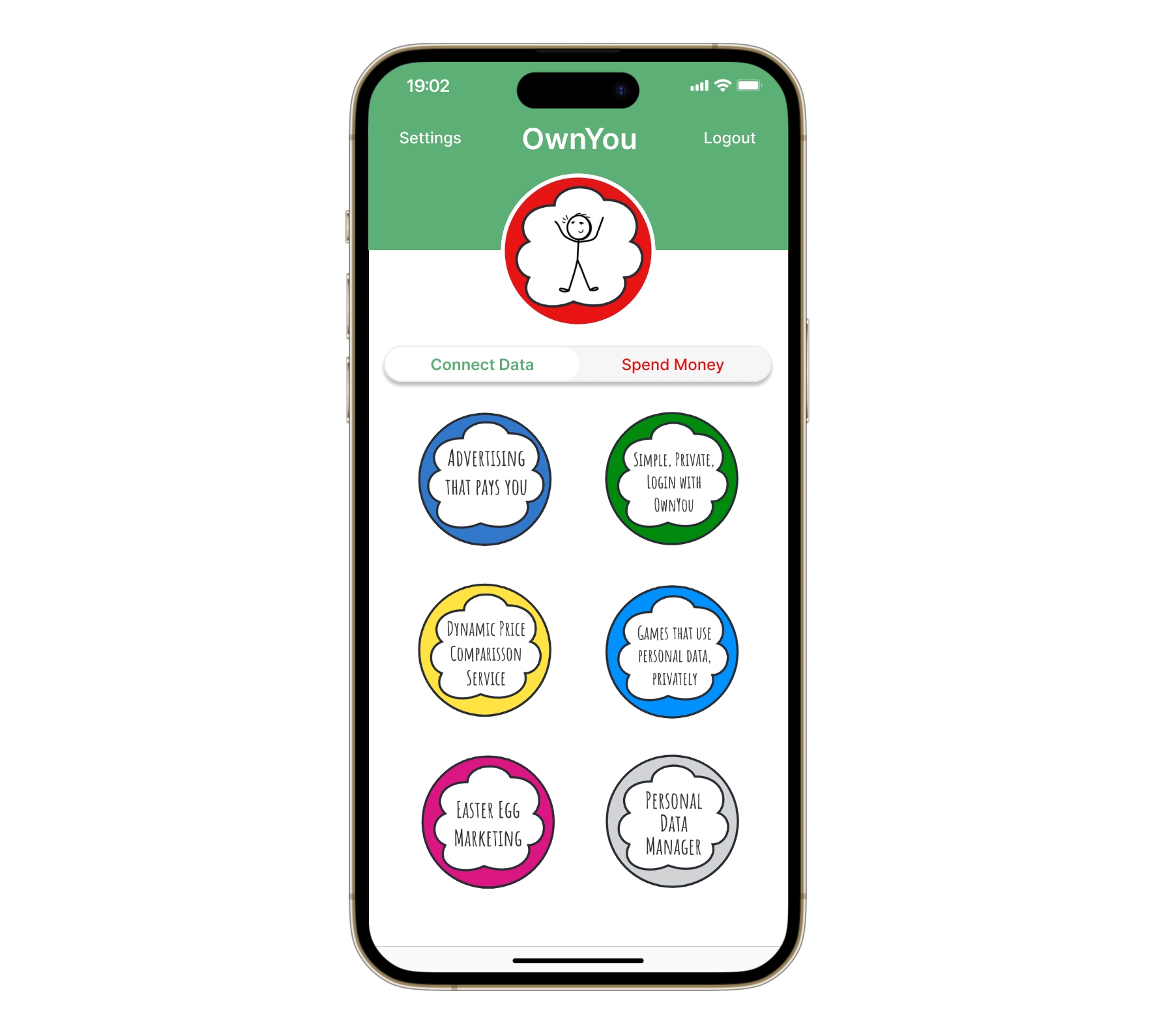In a word, cryptography. OwnYou creates a new Decentralized Identifier (otherwise known as a DID), every time you interact with a business, whether that be an advertiser, or a price comparison site, or any other business. We already use identifiers, every time we interact with another third party. For instance, your email address is an identifier. The problem with most identifiers is they rely on a third-party. Even your email address is typically owned by someone else, unless you are managing your own email server. DIDs are different. Only you own and control your DIDs. By using a unique DID every time you interact with another person (whether that be a business, or infact another individual), we can help protect your true identity.
That doesn’t mean you will necessarily remain private, indefinitely. The reality of our digital life is we leave breadcrumbs, wherever we go, and whatever we do. Ultimately, privacy is a trade-off. By using DIDs, and zero knowledge proofs, and other cryptographic primitives, we help limit the ability for a bad actor to correlate all your breadcrumbs, revealing your underlying identity, but we won’t stop them entirely. There are techniques that completely mask your identity, usually by including you in a cohort of other people, and then presenting the cohort data rather than your specific data. We think that sacrifices too much value. Value that accrues to you. It is also important to remember than OwnYou never shares your personally identifying information; your name, your email address or anything else that directly reveals who you are. We share personal data, but only your demographics, your profile, or particular products or services you are interested in.
This is one of OwnYou’s most important features - OwnYou is a transactional system. You exchange your personal data, using cryptography to mask your identity (withing reasonable bounds) and, in exchange, you either receive direct compensation or access to a service. You always remain in control. You are the direct beneficiary. The existing technology stack takes your data, on a contractual basis, and you receive a service. The relationship between the value you receive for your data, and the service you provide is fairly tenuous. More often than not, you have no control over your data. Your data is typically collected across multiple digital interactions, with layers of middlemen buying and selling your personal data, all while you remain a product, rather than a beneficiary. Obviously this needs to change.
In summary:
- OwnYou uses cryptography to limit bad actors from revealing who you are.
- Ownyou helps you use your data, for your benefit, keeping you in control.
Hold on a minute, if I am hidden from the publisher, advertiser, or any business wanting to buy my data, how can they use it?
Businesses don’t need to know your name, or your email address, or your phone number. They want these things to build their own first-party database, typically for marketing purposes, but they don’t necessarily need that information for advertising, marketing or to provide personalized services. What they do need is really high quality, up to date, information on what type of demographic you belong to, and your tastes and preferences. It is a trade-off, in our opinion, that contributes far more value than it detracts. It does not mean a business can not, for instance at the point of sale, ask you for your personal information. If that happens, and OwnYou has connected a happy buyer with a happy seller, without layers of middle-men, and without your personal data splattered all over the Internet - our job is done.
Ultimately, when and how you share your personal data should always be your choice, because only You Own You.


